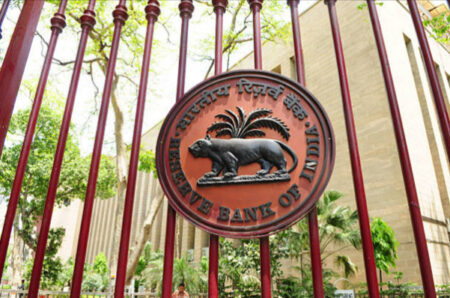Despite being the first step to financial freedom, investing and saving money is still considered a chore of midlife—all of our work to gain wealth to fulfil our requirements and later luxuries. Earning money is only the first step towards financial independence; to be truly self-sufficient, one must retain and growing capital.
One can achieve financial independence by increasing assets and reducing liabilities. When the book “Rich Dad Poor Dad” hit the stores, it was an instant success.
It sheds light on the significant subject of financial literacy and investment. Along with “Think and Grow Rich” by Napoleon Hill, it is considered a Bible of personal finance.
It has been criticised too, but people prefer it because of the lucid concept it generates about funds. So here are some tips on investment with ideas drawn from the Robert Kiyosaki bestseller, Rich Dad Poor Dad.
Why should you save and invest?
“Most people fail to realise that in life, it’s not how much money you make, it’s how much money you keep” – Robert Kiyosaki.
Receiving payment for your skills for the first time can be overwhelming as along with more money, there are more responsibilities. Saving a fixed percentage of funds and investing is the way to stress-free financial life.
Money management is an acquired skill and should be taught as early as possible. Also, young adults have one thing which people in their advanced age do not possess, time.
This time should be fruitful by learning about different investment options, interpreting their concepts, drawing out strategies and finally putting them into action.
The genius Albert Einstein called compounding, the process of growing money by investing and then reinvesting the profits, the “eighth wonder of the world”.
Where can you invest?
“Money comes and goes, but if you have the education about how money works, you gain power over it and can begin building wealth”. – Robert Kiyosaki
The place where you invest your money plays the most crucial part in determining profits. Someone else cannot make this decision on your behalf; it should be yours based on your income, goals and time.
These are some typical schemes; then again, there might be other local or private options that can be of interest to you.
–Post office saving schemes
The post offices are one of the safest places to keep your money, and they also provide a competitive interest.
–Public provident fund
PPF essentially was a long term retirement Saving Scheme by the central government, and it offers a 7.6 % interest. The main benefit of PPF is that it is tax-free.
-Liquid funds
It is an umbrella term consisting of bonds, government securities, treasury bills, and much more. These are varied types and can have lucrative returns.
–Recurring deposits
it is sensible to have a short term savings scheme for emergencies to ensure that you always have cash within reach. It usually has an interest rate between 6 to 7%.
–Systematic investment plans
SIPs are flexible investment options with a high return generating potential; you can go for weekly, monthly, quarterly or even daily SIP schemes according to your convenience.
–Life insurance
A single medical or vehicle bill can wipe out all savings; investing in insurance is necessary to prevent such a situation. And insurance availed in your 20s can give you more profit at less price.
The 50-30-20 rule
“Money without financial literacy is no money at all” – Robert Kiyosaki.
Making and managing a budget should be done before considering investments. For this, the 50-30-20 rule is popular. If you earn 60,000 per month, you should use 50%, i.e. 30,000, in your daily needs like rent, groceries, clothes, and other utilities in an ideal situation.
30%, i.e. 18,000, should be saved or invested and 20% to repay EMIs and debts, basically the liabilities.
Finance experts suggest that the 30% for investment and savings should be divided into three equal parts, the first for long term schemes, the second for short term and mid-term plans and the third towards goal-oriented personal strategies.
The expense does not need to be strictly based on these lines, but impulsive decisions should be avoided at all costs.
“The single most powerful asset we all have is a mind if it is strained when it can create enormous wealth” – Robert Kiyosaki.
In his book, Robert Kiyosaki says that poor people say love for money is the root of evil, but the cause is lack of money.
One truth we need to accept is that money is not a fragile commodity to be hidden in purses or unnecessarily used to buy. You can make money to generate wealth by taking proper and early decisions of saving and investing.












